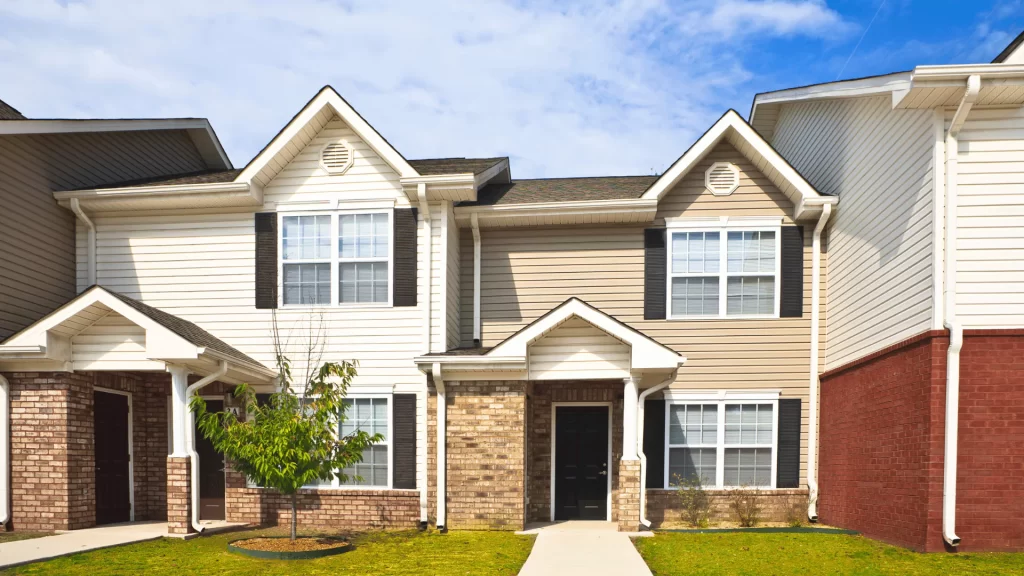Renting vs. Buying Property in Your Destination Country: Which Is Right for You?

Renting vs. Buying Property in the Logistical Realm: Which One Does Apply to You?
One of the hardest decisions to make in another country is to rent or buy. Each alternative has its pros and cons, and which of them you will choose will depend on your long-term intentions, available finances and real estate market at your destination. This article will consider advantages of renting and buying a property while abroad so that you will have a better basis for making a choice.
Renting Property in Your Destination Country
Pros of Renting:
Flexibility
Of all housing options, you will find that renting presents the most flexibility. This would be a very welcome option especially for those people who cannot tell how long they will be residing in a given country with any degree of certainty. Lease terms can vary, enabling you to make adjustments with the shifting of your plans.
Lower Upfront Costs
Leasing a house usually calls for a security deposit and the first couple of months’ rent, this makes it cheaper and easier to settle down when compared with the large deposit one would incur to buy a house. Thus, renting a house is the cheaper option when looking at the very beginning of all the expenses.
Less Responsibility
As a tenant, you do not have to worry about the general upkeep of the property or do any repairs. These are generally the work of the owner who takes care of these aspects on your behalf hence saving you energy and time.
Cons of Renting:
No Equity
Although renting may initially prove less expensive, one does not create any equity when renting an apartment. Rent payments are deemed as consumption devoid of any future growth potential as in the case of owning a home.
Limitation in Customization
As is expected in most cases, there are limitations to what a tenant can do in the rental space in terms of refurbishing or altering parts of the interior. As such, it might be a challenge and a disappointment to try and fully create the desired ambience.
Unavoidable Rent Increase
In accordance to the prevailing rental conditions within the area you may be based, there will most likely be an increase in rent. This may pose problems in planning, particularly in an economy which is rent sensitive due to inflation or a low supply of rental houses.
Buying Property in your Destination Country
Advantages of Owning:
Equity Growth
One of the positive aspects of buying is the fact that one is able to build up the equity in the bought property. With time, land rates are likely to appreciate therefore this may become a valuable asset in case one chooses to dispose of the house.
On the other hand, home ownership is a pillar of sociocultural stability where country and community to which a person has migrated to do not expect to change rather stay for good. There are no concerns over extending or increasing the price over the rooms.
Customizing At Will
Being a property owner, one is free to make adjustments of his or her property as per his or her liking. There are no restrictions to changes, personal additions which enable one to make a home that fits one’s way of living.
Financial Incentives
Property ownership can also come with financial advantages in some nations, such as corticles on the amount of interest paid on home loans and property tax. With the help of these benefits, you can minimize the amount of taxes you will have to pay.
Cons of Owning:
General Expense is Higher
To buy your own house means incurring a large financial outlay at the beginning whether it is in form of deposit and closing premiums, legal fees, and taxation. This oftentimes is a hindrance for many of the expatriates.
Lies in Market Risk
The real estate market is subject to ups and downs and you can never be certain that the worth of your investment will not depreciate. This will lead to incurring losses in case one decides to sell the asset when the market is at its lows.
Maintenance is in Your Hands
If you own a house, you must take care of all the issues such as maintenance, repairs as well as the overall upkeep of the property. Such can be pricey especially when you do not know any local contractors or you do not understand the building codes.
Long Term Restructuring Costs
Owning a home translates to having to think and work for several years. When there are changes in your career or family issues, and you try to sell the home and relocate, this will be very frustrating and time consuming, more so in a new country.
Key Things To Take Into Account
Duration of Residence
In the event that you intend to come back to your home country within few years, it is most likely the case that renting would be a preferable choice. However, if one is planning to stay there indefinitely, purchase would be more appropriate on financial and emotional levels.
Real Estate market Factors
Explore the real estate market of the abroad country you are planning to visit. In some countries, the property values are increasing hence buying property is justified as an investment. However, in some other countries, it is better to rent since the growth in the property market is stagnant or even negative.
Politico-Economic Factors
Different countries have different regulations when it comes to acquiring property by foreigners. As a foreigner, you may be subjected to extra levies, limitations, or lengthy transactions among other things. Prior to any action, an appropriate local real estate agent or legal advisor should be sought.
Financial Capability
Study your finances and aims in the long run. Investing in properties overseas usually tends to demand higher financial stability, whereas renting out is less risky and more lenient.
